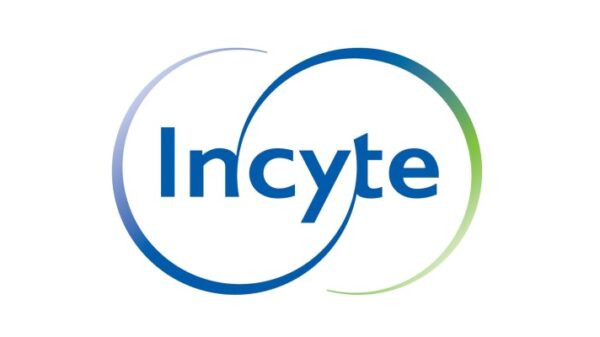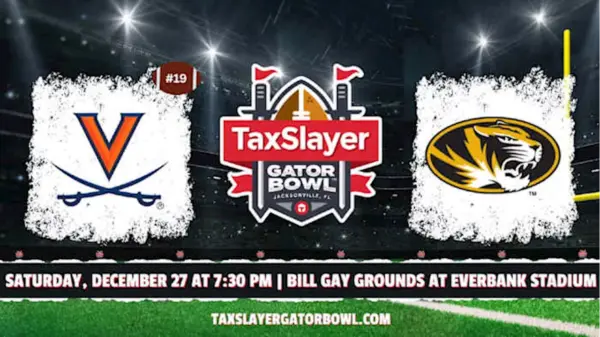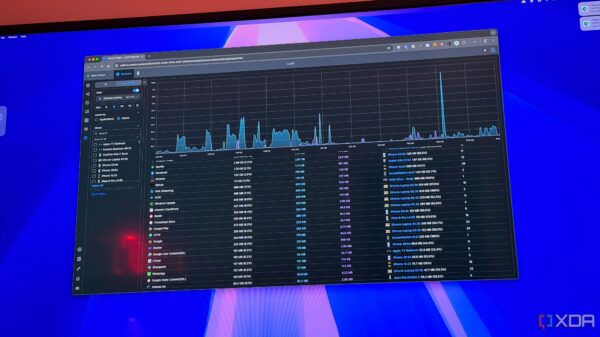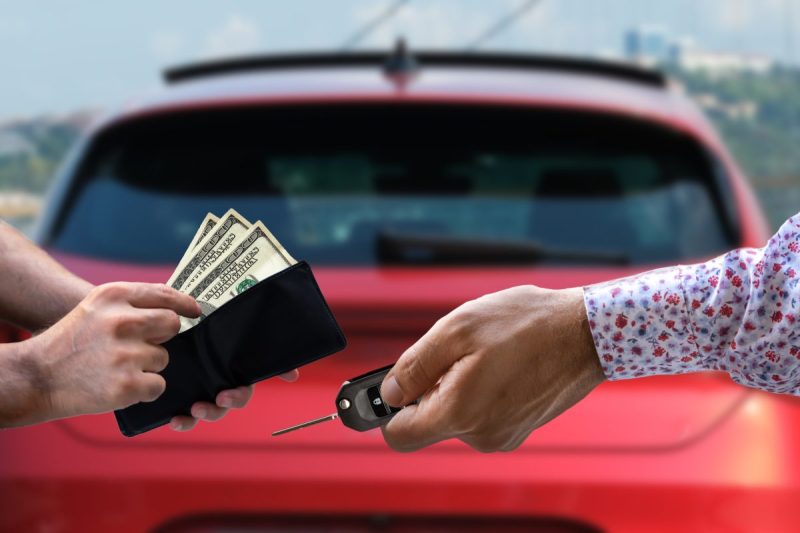VIN cloning poses a significant threat to vehicle buyers, as it involves the illegal duplication of a Vehicle Identification Number (VIN) from legitimate cars. Thieves take the original 17-digit VIN from a registered vehicle and affix it to stolen or salvaged cars, allowing them to bypass scrutiny in title offices and online sales. Under the National Motor Vehicle Title Information System Act, VIN cloning is classified as a felony, carrying potential penalties of up to 15 years in prison and substantial fines. This criminal act jeopardizes the integrity of vehicle tracking systems, affecting consumers and law enforcement alike.
Understanding the Risks to Consumers
The dangers of VIN cloning are manifold. A cloned vehicle may have been previously totaled in an accident or severely damaged in a flood, but its fraudulent identity can obscure these critical details from safety recall databases and accident history reports. Buyers often learn of the deception only after insurance claims are denied or when law enforcement seizes the car due to its illicit status. Furthermore, the legitimate owner of the original VIN may face complications, including involvement in police investigations or increased insurance premiums as the cloned vehicle racks up violations in different jurisdictions.
Detecting VIN cloning before purchasing a vehicle is crucial. Prospective buyers should begin with a thorough inspection, comparing the VIN visible through the windshield against secondary stamps located on the driver-side door jamb, engine block, and transmission case. Every character must match precisely. Professional inspectors employ tools such as bore-scopes and paint-thickness gauges to identify signs of tampering, such as swapped rivets or ground-down welds. It is advisable to order history reports from multiple providers, including Carfax and AutoCheck, and to use an NMVTIS-based service like iSeeCars VIN History Reports for the most accurate insights.
Identifying Signs of Tampering
When inspecting a vehicle for VIN cloning, certain details can indicate potential tampering. The primary VIN dash plate should be flush under factory rivets. Any signs of fresh paint, mismatched fonts, or uneven stamping depth are significant warning signs. On newer models, the VIN etched on the engine or transmission must match the dash number exactly. Buyers should also look for discrepancies in rivet shapes or colors, which may signal that the plate has been replaced.
Criminals executing VIN cloning operations often target popular vehicles like full-size pickups, SUVs, and late-model luxury cars. They typically photograph legitimate VINs and use specialized embossing presses to create near-perfect replicas. These cloned vehicles are often sold through unlicensed dealers or online platforms, complicating efforts to trace their origins.
If a buyer unknowingly purchases a cloned vehicle, the consequences can be severe. Authorities will usually seize the car without any refund or compensation, leaving the buyer to bear the financial loss, including towing and storage fees. Civil lawsuits can arise from title owners or insurers, and the vehicle can never receive a valid title, rendering it illegal to drive, register, or insure.
To safeguard against VIN cloning, buyers should demand original paper titles with a complete ownership history. Documents should include notarized bills of sale, lien-release letters, and maintenance receipts. For dealership purchases, it’s vital to verify the dealership’s state license and ensure all disclosure forms are appropriately signed. Any seller who rushes the sale or withholds paperwork should raise red flags.
The National Motor Vehicle Title Information System (NMVTIS) plays a critical role in combating VIN cloning. This federal database compiles title data from all 50 states, making it challenging for cloned VINs to evade detection. By utilizing NMVTIS-approved report providers, buyers can uncover inconsistent title transfers or instances of “washing.”
Modern technology is also aiding in the fight against VIN cloning. Data aggregators can cross-reference manufacturer build sheets, insurance claims, and service visits, identifying suspicious patterns. Emerging technologies, including blockchain and RFID chips, offer tamper-proof digital identities, enhancing verification processes.
Consumers who suspect they own a cloned vehicle should act swiftly. They should cease driving the vehicle, file a police report, and notify their local DMV and insurance provider. Documenting all expenses related to the purchase is crucial, as there may be options for civil recovery from the seller.
The automotive industry can implement preventive measures to further reduce the risk of VIN cloning. Manufacturers could enhance the security of VIN plates with features like holograms and micro-printing. Standardizing VIN locations and training dealers and inspectors to verify them in real-time could close existing loopholes.
Different jurisdictions exhibit varying approaches to VIN cloning prevention and prosecution. Some states require professional VIN inspections for high-risk vehicles, while others rely on paperwork audits, creating disparities that criminals may exploit. Enhanced cooperation between states is essential to address these challenges effectively.
As VIN cloning operations become increasingly sophisticated, the intersection with other criminal activities raises concerns. Cloned vehicles can serve as untraceable assets for drug trafficking or money laundering. Investigations often involve multiple law enforcement agencies due to the interconnected nature of these crimes.
Consumers are encouraged to report suspected VIN cloning through resources such as the National Insurance Crime Bureau (NICB) hotline and local law enforcement. The Federal Trade Commission (FTC) and state attorneys general also accept complaints related to these issues.
VIN cloning significantly impacts vehicle recalls and safety campaigns, as accurate VIN matching is essential for notifying owners of recalls. When a cloned vehicle uses a legitimate VIN, the actual owner may receive duplicate notices while the cloned vehicle’s driver remains unaware of potential safety issues. This can lead to dangerous situations if unrepaired defects cause accidents.
Awareness and vigilance are key for consumers navigating the used car market. Understanding VIN cloning and its implications can help buyers make informed decisions and protect themselves from fraudulent activities.







































































